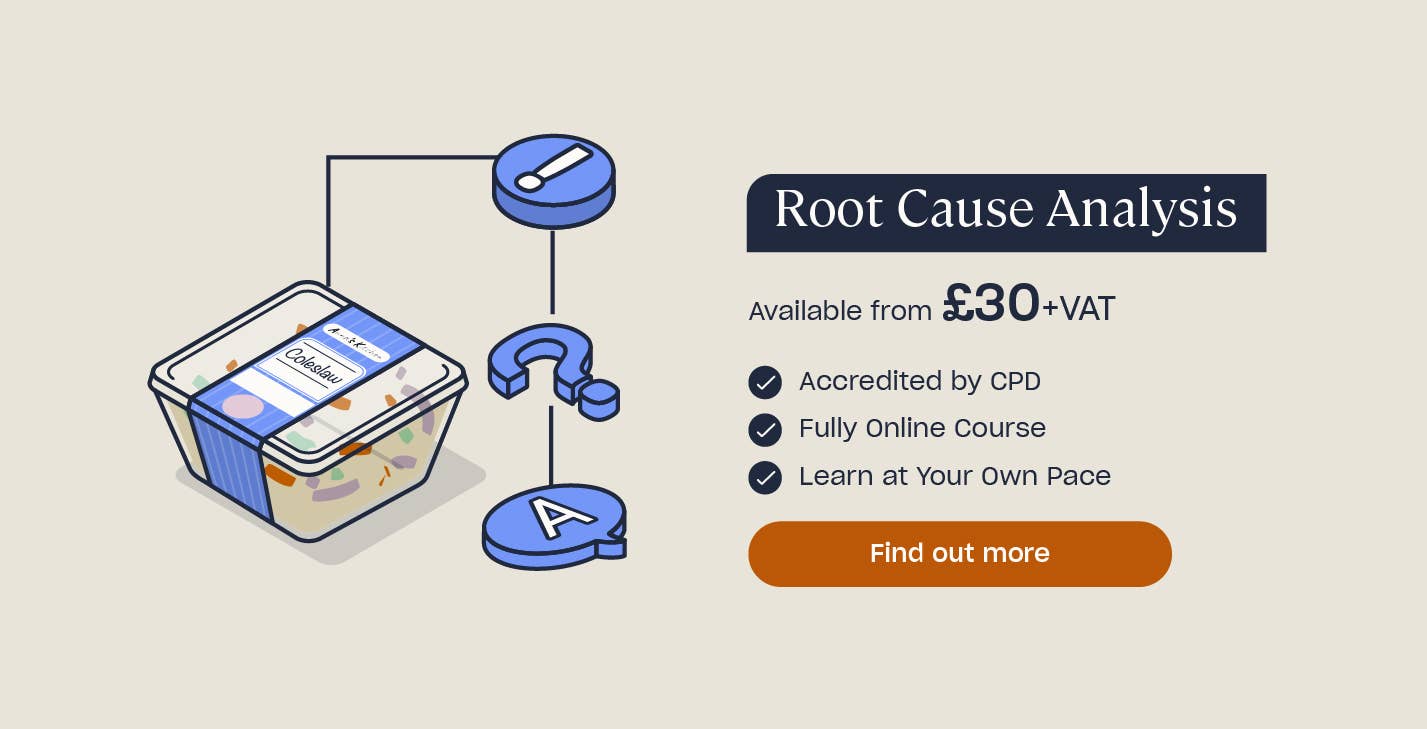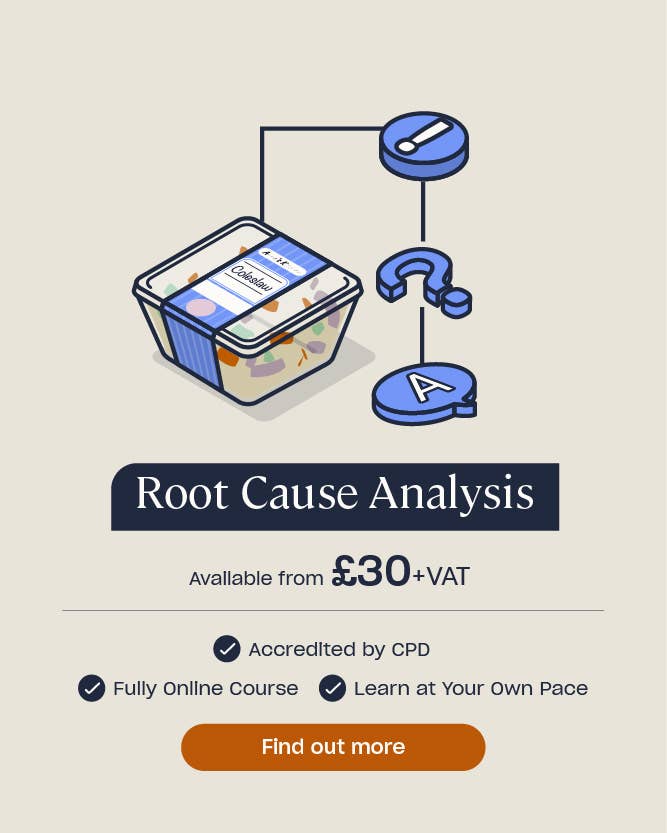What is Food Authenticity?
In the ever-evolving world of food, the concept of food authenticity has emerged as a crucial factor in ensuring the integrity of products, and it’s not just a fancy term; it’s your shield against the lurking threat of food fraud.
In this article, we’ll explore what food authenticity is and the significant role it plays in the food industry. By understanding what constitutes authentic food, manufacturers can proactively safeguard their brands and maintain consumers’ trust. This, coupled with strategies to integrate and promote food authenticity in your workplace, will give you the tools you need to confidently navigate the market by ensuring your produce is safe and compliant.
What Does Food Authenticity Mean?
Food authenticity is a fundamental pillar in the food industry. It refers to the true nature of a food product and its compliance with its declared information. Food is considered ‘authentic’ when its composition accurately aligns with the information outlined on the label.

The concept of food authenticity isn’t new. However, recent attention has been drawn to it, fueled partly by events like the horsemeat scandal, which highlighted the urgency of ensuring that what’s on the label is inside the product. This has ignited a renewed focus on the authenticity of our food.
To learn more about the response to the horsemeat scandal and its impact on food authenticity, check out our article What Did We Learn from the Horsemeat Scandal and Should We Still Be Worried?
Ensuring food authenticity involves a strict verification process to verify that the food product or ingredient is genuine, meaning it is in line with its labelling and has not been altered from its original condition. Understanding this process is crucial for manufacturers to uphold the authenticity of their offerings in an industry where consumer trust is now more essential than ever.
Why is Food Authenticity Important?
Food authenticity has become a key element for both manufacturers and consumers over time, playing a pivotal role in upholding consumer trust and ensuring the integrity of products by reducing the risk of food fraud.
The Food Standards Agency defines food fraud as “when food is deliberately placed on the market for financial gain, with the intention of deceiving consumers or customers”. By aligning the product consumers receive with their expected purchase, consumers are assured that what’s on the label is precisely what’s inside the packaging. In this way, food authenticity protects against the risk of food fraud.
This assurance is fundamental for establishing and maintaining consumers’ confidence in products and their manufacturers, which is vital for staying ahead in the competitive food industry.
Crucially, food authenticity is linked with both food safety and quality. This trinity of authenticity, safety, and quality forms a framework that announces a manufacturer’s commitment to delivering products that both meet and exceed customer expectations.

The accountability of battling food fraud rests on organisations within the food industry and requires a strategic approach. If you suspect that a food fraud incident has occurred in your business, you must take steps to identify why it has happened and implement actions to prevent it from reoccurring. The most effective way to achieve this is by performing a root cause analysis investigation.
Performing a root cause analysis will help manage the immediate issue and implement future prevention measures. This cyclical process ensures that the commitment to food authenticity remains unwavering, fostering a culture of due diligence and responsibility within the food manufacturing industry.
Need a Course?
Our Root Cause Analysis course teaches you how to perform a root cause analysis investigation for food safety and quality incidents in your workplace. This will allow you to uncover the root causes of problems and implement lasting action plans to prevent them from reoccurring.
How to Ensure the Authenticity of Food
Ensuring the authenticity of food requires a multifaceted approach. Consumers are more conscious of food authenticity than ever, with many consumers going out of their way to stay informed about sourcing and production practices. It is becoming increasingly common for consumers to solely seek out reputable brands and authentic products.
For organisations looking to ensure the authenticity of their food, stay ahead in the market and build and maintain customer loyalty, it is important to:
- Implement robust testing protocols, conduct regular audits and utilise advanced analytical techniques, such as DNA testing, spectroscopy, and chromatography, which can authenticate ingredients and identify anomalies.
- Collaborate with accredited laboratories and stay on top of evolving testing methodologies to ensure the authenticity verification process remains rigorous and up-to-date.
- Strive to achieve transparency. Advancements in technology, such as QR codes, offer consumers the ability to trace the journey of their food from farm to table.
These commitments safeguard against food fraud and demonstrate a proactive commitment to delivering genuine, quality products to consumers.
Food authenticity plays a pivotal role in preventing fraud and building trust. You should now be more aware of the significance of authenticity and important strategies like testing and transparency to ensure genuine food products.
Further Reading:
- Guidance on Food Additives Legislation for the UK and EU
- Vegan Food Production: Guidance on Manufacturing Practices
- Promoting a Food Safety Culture: Free Assessment Guide
- Root Cause Analysis Course







